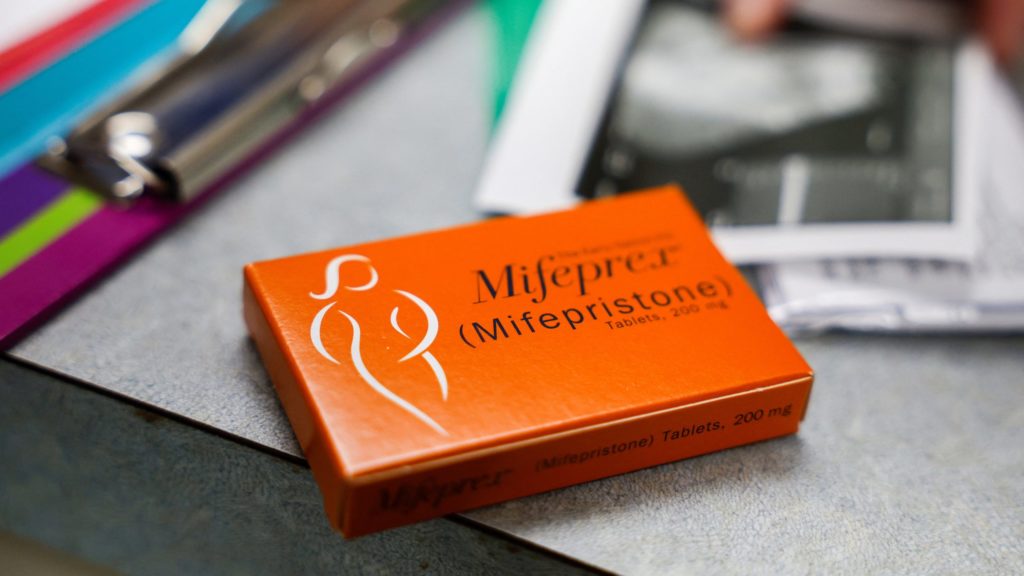The Supreme Court announced on Wednesday that it will once again consider a high-stakes abortion pill case that could impose new national limits on abortion.
The Supreme Court will be reviewing a lower court’s August ruling that reimposed restrictions on the abortion drug mifepristone. The Biden Justice Department and the abortion drug manufacturer Danco Laboratories appealed the decision in September.
The court allotted one hour for oral arguments in the case, called Alliance for Hippocratic Medicine v. Food and Drug Administration (AHM v. FDA). Because of its potential to curtail the use of the drug that accounts for over half of all U.S. abortions, the case is expected to be the most consequential abortion case since Dobbs v. Jackson overturned Roe v. Wade.
Mifepristone works by cutting off the nutrients necessary for an unborn baby to survive, essentially starving the child to death. A second pill called misoprostol is then ingested to induce contractions to expel the dead baby from the womb.
In 2022, several pro-life groups and individuals, represented by the Alliance Defending Freedom (ADF), sued the FDA arguing that the administration had not properly reviewed the drug before approving it and that its continued use endangers women.
ADF Senior Counsel Erin Hawley reacted to the news in a Wednesday morning statement in which she urged the Supreme Court to uphold “common-sense safeguards” around mifepristone.
“Every court so far has agreed that the FDA acted unlawfully in removing common-sense safeguards for women and authorizing dangerous mail-order abortions. We urge the Supreme Court to do the same,” Hawley said.
Texas federal district judge Matthew Kacsmaryk issued a ruling in April that entirely invalidated the FDA’s mifepristone approval, a decision that was subsequently overturned by higher courts but would have essentially made the abortion pill illegal.
The most recent ruling in AHM v. FDA was made by the federal 5th Circuit Court of Appeals, which in August invalidated the FDA’s post-2016 rule changes to mifepristone. This means that pre-2016 restrictions on abortion drugs, which included a ban on mailing them or administering them via telemedicine (without an in-person doctor’s visit), would be reimposed.
The 5th Circuit said in its ruling that the FDA failed to “consider the cumulative effect of removing several important safeguards” and “to gather evidence that affirmatively showed that mifepristone could be used safely without being prescribed and dispensed in person.”
Despite the appellate court ruling, the abortion pill is still available under the post-2016 rules as the lawsuit awaits action from the U.S. Supreme Court. This is because of an April decision by the Supreme Court to keep mifepristone available under the post-2016 regulations for the duration of the litigation process.
Ahead of the Supreme Court’s decision to review the 5th Circuit’s limited mifepristone restrictions, over 100 U.S. lawmakers wrote a letter to the Supreme Court in November urging it to broadly revoke the FDA’s abortion pill approval.
Hawley said on Wednesday that “the FDA has harmed the health of women and undermined the rule of law by illegally removing every meaningful safeguard from the chemical abortion drug regimen.”
“Like any federal agency, the FDA must rationally explain its decisions. Yet its removal of common-sense safeguards — like a doctor’s visit before women are prescribed chemical abortion drugs — does not reflect scientific judgment but rather a politically driven decision to push a dangerous drug regimen.”

